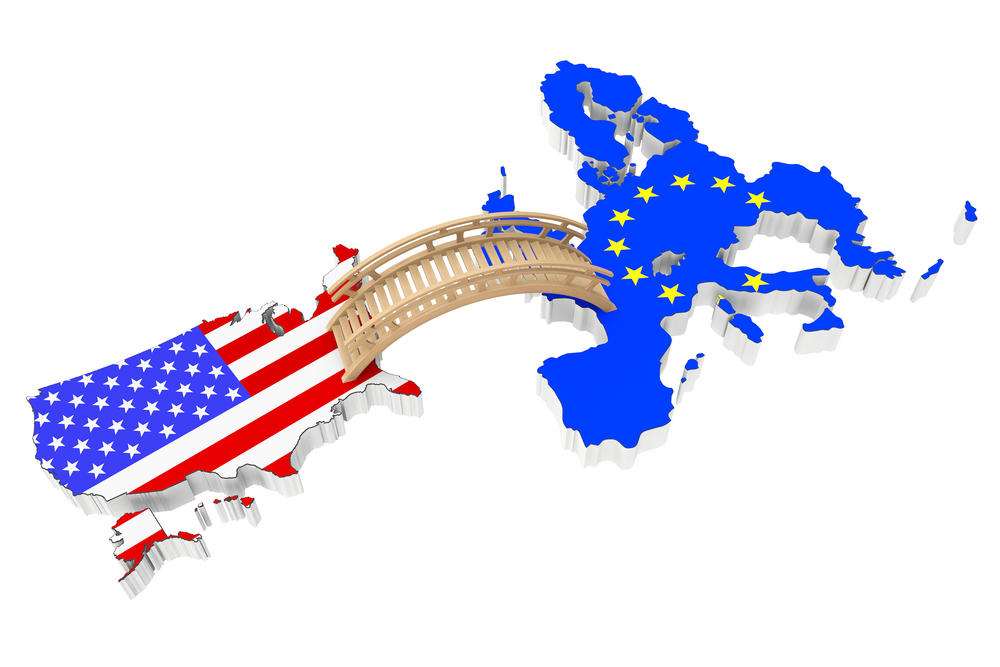Regulatory cooperation in TTIP: what are the implications for education?
Published:
On 2 July 2015 a round table meeting on the EU's proposed regulatory cooperation in TTIP was organised by the European Economic and Social Committee (EESC). In the first part of the meeting the EU chief negotiator, Ignacio Garcia Bercero, outlined the benefits of regulatory cooperation and explained the elements and conditions for regulatory cooperation, while the European Consumer Organisation (BEUC), IndustriALL, the European Trade Union Institute (ETUI) and BusinessEurope commented on the EU's proposal and expressed their recommendations.
BEUC asked how the EU intends to set global standards in TTIP when the negotiations on the Trans-Pacific Partnership (TPP) are more advanced and as a consequence it will rather be TPP that sets the global standards. The European Consumer Organisation also stressed the need to clearly set the frame and the limits of the proposed Regulatory Cooperation Body (RCB). IndustriALL welcomed that the right to regulate is clearly stated in the EU's proposal. They commented, however, that in practice regulatory cooperation means that the other part can interfere into its partner's regulatory competences. Regulatory cooperation in tandem with the European Commission's Better Regulation Agenda complicates the decision-making process and could easily result in a regulatory chill. ETUI remarked that the regulatory differences between the EU and the US are significant and often the approaches are entirely different. This is for example the situation in the area of chemicals. Therefore, it can be complicated to achieve an agreement. BusinessEurope, on the other hand, stated that regulatory cooperation is important, not only with the US but, worldwide. According to BusinessEurope regulations are used as barriers to protect domestic production.
In the second part of the meeting a group of stakeholders including ETUCE presented their views on the EU proposal. ETUCE highlighted concerns directly related to the education sector as well as more general concerns of the proposed regulatory cooperation. ETUCE emphasised the potential serious implications for the education sector of including authorisation, licensing and qualification in regulatory cooperation as exactly licensing and qualification requirements and standards are crucial to protect high quality education.
The EU chief negotiator responded that as a rule regulatory cooperation should only address the EU level, and Member States and lower levels should only be discussed if there is a request for regulatory cooperation from a Member State or region. However, during the discussion it became evident that the services industries are keen on incorporating Member States and regions including a wide range of regulatory bodies at decentralised level into the regulatory cooperation in TTIP.
The ETUCE presentation is available here
The EU's proposal on regulatory cooperation in TTIP is available here
More information on education and TTIP is available here